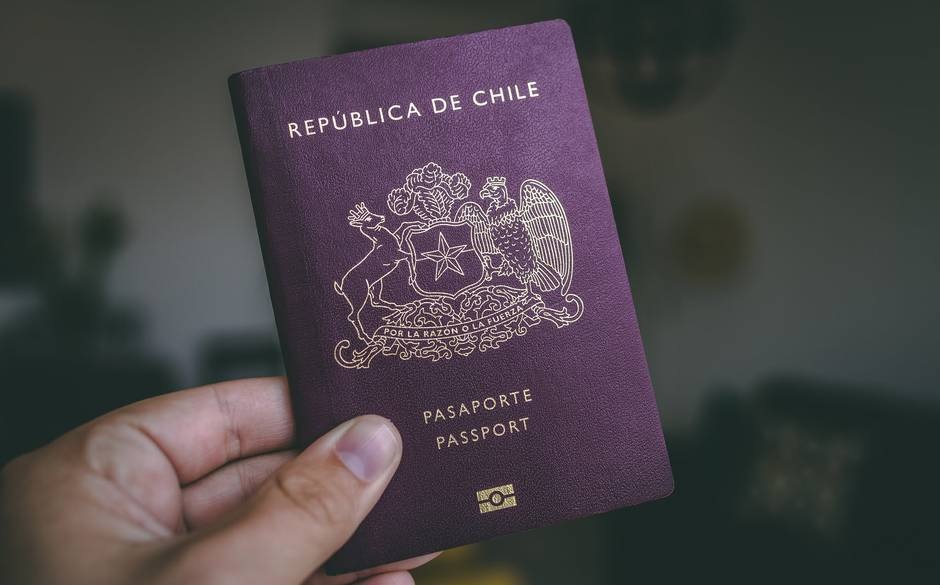“Thieves in the night: a wide network of robberies from Chile affects wealthy homes in the United States”.
That was the title of a major report in Vanity Fair magazine, which describes a growing phenomenon: organized gangs that travel from Chile to the U.S. to commit their crimes – usually robbing mansions but also other illicit activities – and return after 90 days.
All of this is done using the visa waiver program for nations with little illegal immigration, which Washington considers low risk.
The problem is that so much “criminal tourism” from Chile has affected the functioning of the entire U.S. entry permit system.

Today it takes almost two years to apply for a business or tourist visa, and the visa waiver “is not working well”, according to travelers who have tried to use it.
According to exporters, the U.S. Embassy in Chile does not have a large consular staff to process the permits because that is what the Waiver is supposed to be for.
If you want to make an appointment to apply for a non-immigrant visa to the United States, be prepared. The schedule is booked for years ahead.
The Embassy explains that part of the delays are because “the measures to deal with the pandemic were stringent in Chile and consular operations were halted for more than a year. Even after resuming activities, regulations such as gauges generated limitations to our work”. However, “we anticipate this will improve over the year”.
And regarding the visa waiver, the diplomatic delegation points out that in October 2021, a high-level delegation from the Department of Homeland Security (DHS) visited Chile to review the program.
It opted to maintain it, but the U.S. DHS delegation “stressed that areas of concern related to improving information sharing still need to be addressed and that before the next periodic review, it should strengthen prevention efforts to prevent bad faith travel and strengthen cooperation among law enforcement agencies.”
Needless to say, the “bad faith trips” are the journeys of criminal gangs from Chile to the U.S.
According to those familiar with the process, Chile has not provided the information requested by Washington. A former Foreign Ministry official points out that the problem is an inter-ministerial lack of coordination.
“It is unknown if it is Interior, Foreign Affairs, or Justice who collects and delivers the information,” says this professional.
In any case, if there are more “bad faith trips” or Chile does not improve in exchanging information, bye-bye Waiver. The U.S. Embassy points out that in the Waiver program “reviews are conducted when deemed necessary”.
In these on-site inspections, the delegation’s work aims to ensure that the program beneficiary country continues to maintain consistently high levels of security; assesses the country’s passport and data security standards and law enforcement information sharing and counter-terrorism capabilities, among other aspects.
With information from DF SUD

